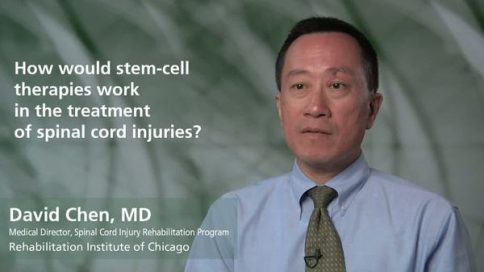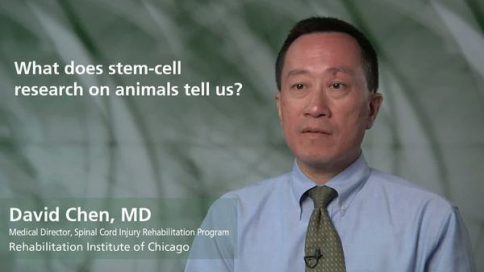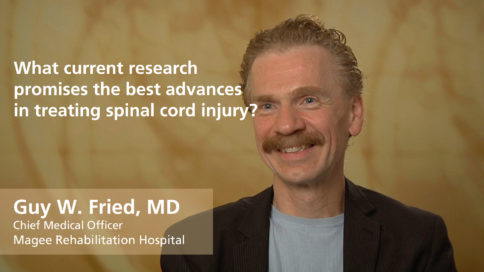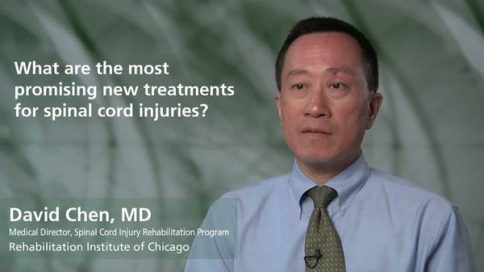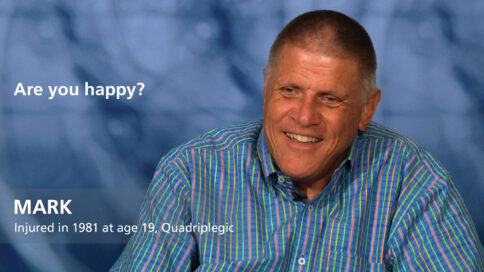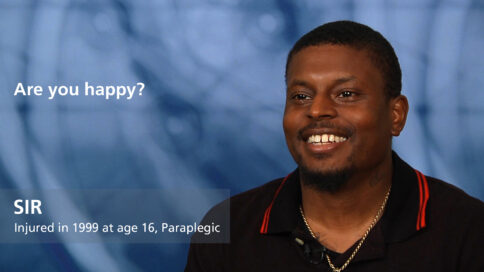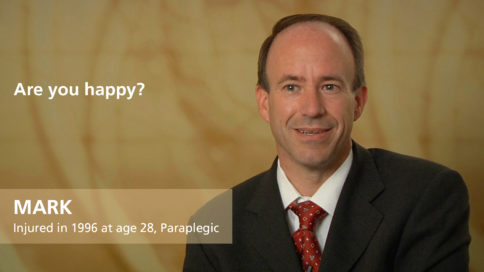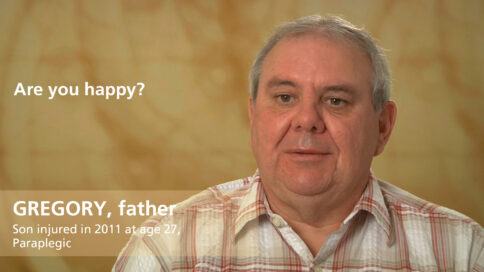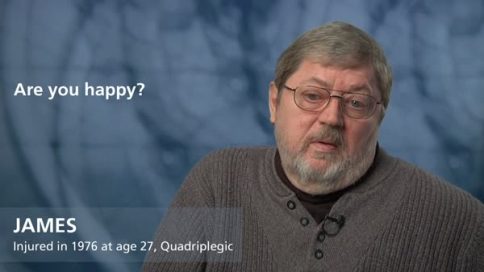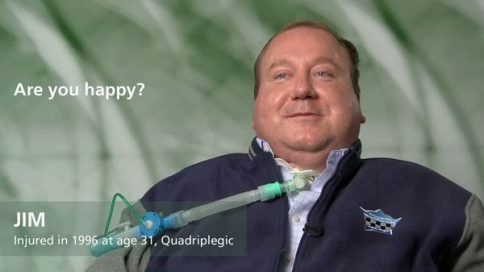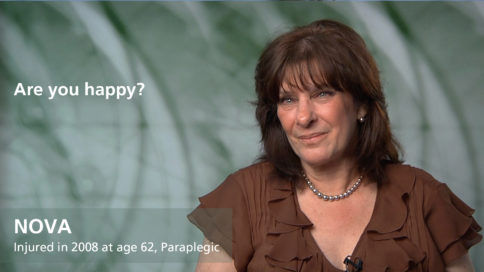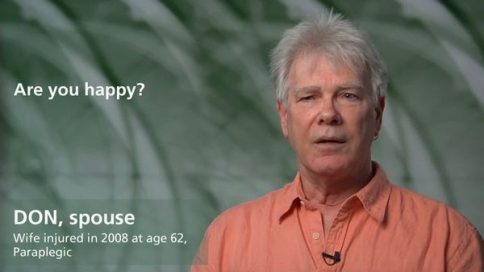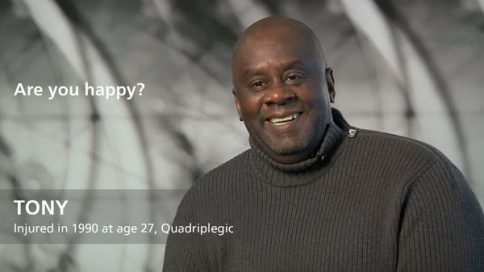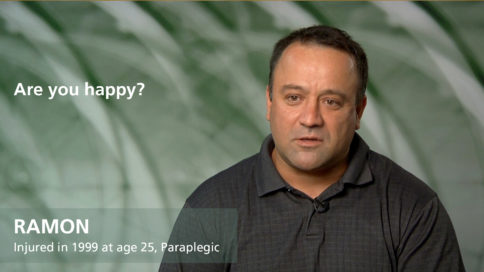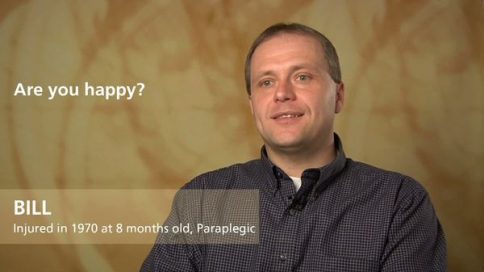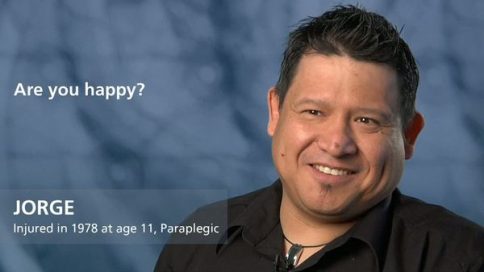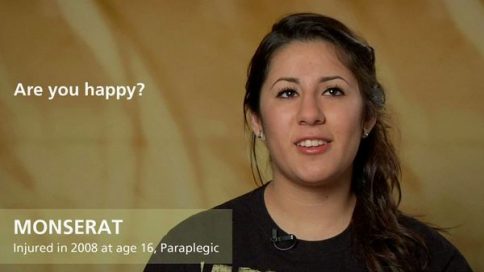When can we expect stem-cell treatments to become available for spinal cord injuries? - David Chen, MD
|
|
When can we expect stem-cell treatments to become available for spinal cord injuries? |
|
David Chen, MDMedical Director, Spinal Cord Injury Rehabilitation Program, Rehabilitation Institute of Chicago |
||
| Read Bio | More Videos by David Chen | |
|
Share |
||
Transcript
The dilemma is as we begin to see the positive studies that are coming out of animal research, and as we’re beginning to plan for the first human trials in stem cells, there’s a great deal of excitement from, not only from the medical and scientific community, but also from the public, and that’s good thing. The challenge though, is as the excitement grows, and we see this research happen, you know, the expectations grow exponentially. And it’s difficult to know, and to be able to predict that, you know, when those first treatments come, just what are the results going to be of those treatments. Does it mean an individual will gain one or two levels back in terms of function?—which can mean a great deal to an individual compared to how they may be functioning now. Or does that mean that it will be so significant that a person who couldn’t walk before is going to be able to walk. Those are difficult things to be able to predict right now. If I were to guess, I would say, in the next 1-2 decades, 10-20 years.
Show Less|
|
||
add
When can we expect stem-cell treatments to become available for spinal cord injuries? |
||
David Chen, MDMedical Director, Spinal Cord Injury Rehabilitation Program, Rehabilitation Institute of Chicago |
More Videos by David Chen | |
| Transcriptadd | share | |
The dilemma is as we begin to see the positive studies that are coming out of animal research, and as we’re beginning to plan for the first human trials in stem cells, there’s a great deal of excitement from, not only from the medical and scientific community, but also from the public, and that’s good thing. The challenge though, is as the excitement grows, and we see this research happen, you know, the expectations grow exponentially. And it’s difficult to know, and to be able to predict that, you know, when those first treatments come, just what are the results going to be of those treatments. Does it mean an individual will gain one or two levels back in terms of function?—which can mean a great deal to an individual compared to how they may be functioning now. Or does that mean that it will be so significant that a person who couldn’t walk before is going to be able to walk. Those are difficult things to be able to predict right now. If I were to guess, I would say, in the next 1-2 decades, 10-20 years.
